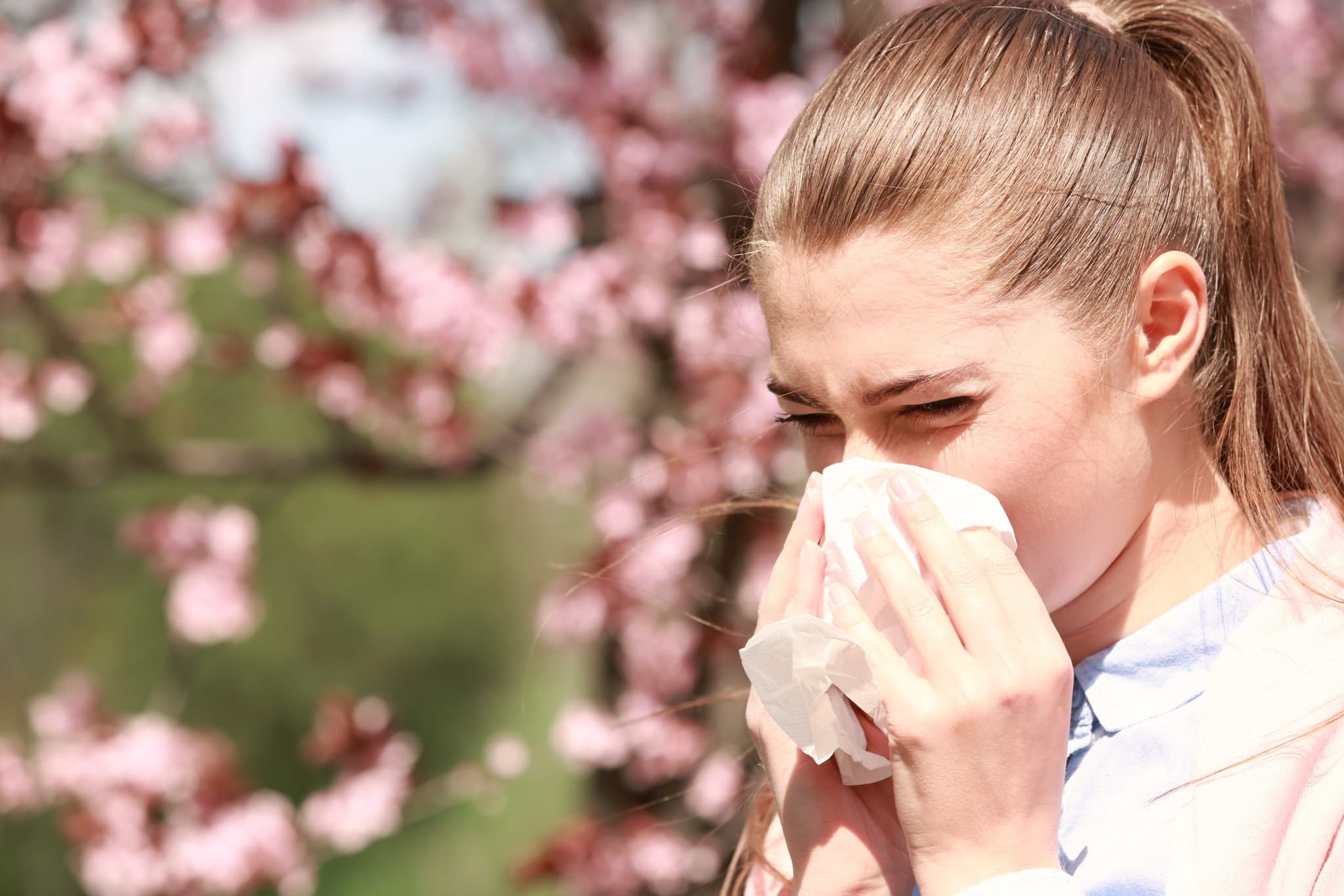
2023-05-19T11:00:36
Environmental allergy testing: What to expect and how to prepare
- Allergy and Immunology
July 18, 2016 | Allergy and Immunology
Specialties:Allergy, Asthma and Immunology

As we move through the later weeks of summer and into fall, your family’s chances of encountering bees and wasps increase. This is also the time of year when you’re most likely to be stung. The good news is, although a sting produces an uncomfortable, often painful local reaction that might include swelling and redness, a sting is just an annoyance–for most people–and rarely results in an infection.
Only a very small portion of the population (one or two out of 1000) is allergic to bee or wasp stings, according to the U.S. Department of Agriculture. “The average person can safely tolerate 10 stings per pound of body weight. This means that although 500 stings could kill a child, the average adult could withstand more than 1100 stings.”
Of course, you still don’t want to put yourself in harm’s way!
Honeybee stings are almost always defensive efforts designed to protect themselves or their hive. Wasps, such as yellow jackets, are far more aggressive and account for most stinging incidents, especially in late summer or early fall when their food supply is low. Wasps defend their colonies very aggressively and will attack intruders who get too close to their nests.
Wasps are attracted to sweet fruits and drinks, as well as protein foods like meat and fish. This explains why they show up as uninvited guests at your barbecues and picnics. Although wasps also sting mostly in self-defense, it’s easy to provoke them through accidental contact. Here are a few good habits that can limit your risk of being stung by a bee or wasp:
1) Keep food properly covered when eating outdoors, especially fruits and sugary foods.
2) Place trash in a covered container.
3) Use a cup when drinking outside. Wasps love to crawl into soda cans and can easily sting your mouth or lips.
4) Don’t allow your children to go barefoot outdoors. Wasps often nest in the ground, and bees sip nectar from clover flowers in the grass.
5) Avoid wearing brightly colored clothing or strong fragrances.
6) Hire an exterminator to remove hives and nests around your home.
7) Stay calm, and walk away slowly if you see stinging insects.
Don’t panic! The Department of Agriculture advises, “Panic by the person stung or those around him/her can produce a systemic reaction in itself.” To treat a bee or wasp sting:
1) Remove the stinger as quickly as possible with tweezers or by scraping it with the edge of a credit card or a dull knife blade.
2) Wash the area with soap and water.
3) Apply aluminum-based deodorant or a baking soda solution for 20 minutes to neutralize the acid in the venom.
4) Massage the area with ice, or use a cold compress. Elevate the limb if the sting is on a leg or arm.
5) Use nonsteroidal anti-inflammatory drugs like acetaminophen or ibuprofen for the pain.
6) Take oral antihistamines that contain diphenhydramine (Benadryl), or use a 1 percent over-the-counter hydrocortisone cream to relieve itching.
7) Try not to scratch the sting area.
A local reaction to a bee sting usually clears up within a few hours, but may last a day or two. About 10 percent of people develop larger local reactions that typically resolve within 10 days.
Anaphylaxis is a sudden, severe and potentially fatal allergic reaction to insect stings that occurs in less than one percent of children and in three percent of adults. The sudden release of chemicals that results in anaphylactic shock can lead to cardiac arrest. Emergency medical attention is required if you see any of the following symptoms of anaphylaxis:
If someone in your family is prone to allergic reactions, immunotherapy can help desensitize your body and reduce the likelihood of a severe allergic reaction to future stings. The first step in identifying your unique triggers is an appointment with a Revere Health Allergy and Immunology provider.
WRITTEN BY:
The Live Better Team

2023-05-19T11:00:36

2018-06-13T12:00:19

2018-05-09T12:00:57

2018-04-11T11:00:42
This information is not intended to replace the advice of a medical professional. You should always consult your doctor before making decisions about your health.